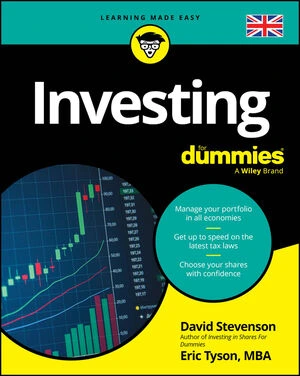Traditionally, investors and traders want to buy low and sell high. They buy a position in a security and then wait for the price to go up. It's not a bad way to make money, especially because if the country's economy continues to grow even a little bit, then businesses are going to grow and so are their stocks.
But even in a good economy, some securities go down. The company may be mismanaged, it may sell a product that's out of favor, or maybe it's just having a string of bad days. For that matter, maybe it went up a little too much in price, and now investors are coming to their senses. In these situations, you can't make money buying low and selling high. If only there were a way to reverse the situation.
Well, there is a way — selling short. And in short — hah! — selling short means that you borrow a security and then sell it in hopes of repaying the loan of the shares by buying back cheaper shares later on.
In trading lingo, when you own something, you are considered to be long. When you sell it, you are considered to be short. You don't have to be long before you go short.
Most brokerage firms make it easy to sell short. You simply place an order to sell the stock, and the broker asks whether you are selling shares that you own or selling short. Once you place the order, the brokerage firm goes about borrowing shares for you to sell. It loans the shares to your account and executes the sell order.
You can't sell short unless the brokerage firm is able to borrow the shares. Sometimes, so many people have sold a stock short that there are no shares to borrow. If that's the case, you'll have to find another stock or another strategy this time.
Once the shares are sold, you wait until the security goes down in price, then you buy the shares in the market at a bargain. These purchased shares are then returned to the broker to pay the loan, and you keep the difference between where you sold and where you bought — less interest, of course.
The stock exchanges are in the business of helping companies raise money, so they have rules in place to help maintain an upward bias in the stock market. That can work against the short seller. The key regulation is what's called the uptick rule, which means you can sell a stock short only when the last trade was a move up. You can't short a stock that's moving down.
The interest and fees that the broker charges those who borrow stock accrue to the broker, not to the person who actually owns the stock. In fact, the stock's owner will probably never know that his shares were loaned out.






